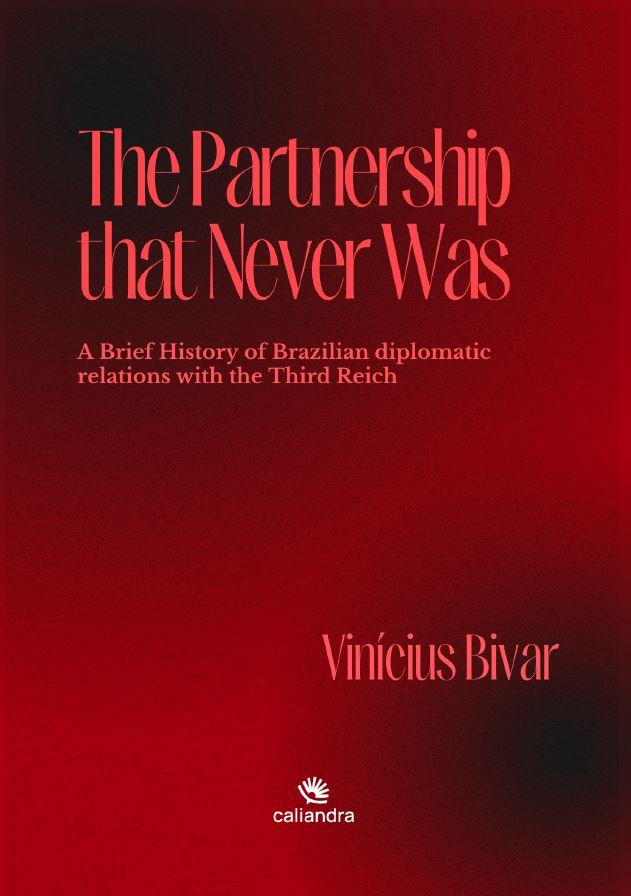The partnership that never was: a brief history of Brazilian diplomatic relations with the Third Reich
Palavras-chave:
Brasil – Relações exteriores – Alemanha, Brasil – História, Alemanha – HistóriaSinopse
This work examines the evolving relationship between Brazil, Germany, and the United States during the late 1930s and early 1940s, a period marked by ideological conflict, shifting alliances, and the looming threat of global war. Central to the analysis is the clash between the nationalist visions of Adolf Hitler’s Germany, rooted in racial purity and the expansion of the Volksgemeinschaft, and Getúlio Vargas’ Brazil, which emphasized cultural markers and allegiance to the fatherland. This fundamental ideological incompatibility, compounded by diplomatic tensions and Germany’s reaction to Brazil’s nationalization policies, led to the eventual rupture in German-Brazilian relations in 1938.
The study situates this bilateral crisis within the broader geopolitical context of U.S.-Brazilian relations, highlighting how Brazil leveraged its neutrality and trade relations with Germany to extract economic and political concessions from the Roosevelt administration. Key moments, such as the reestablishment of U.S.-Brazilian cooperation through the Aranha Mission and the creation of the Office of Inter-American Affairs (OIAA), demonstrate Brazil’s gradual alignment with the United States as World War II unfolded. While Vargas sought to maintain a balance between the Axis and the Allies for as long as possible, the outbreak of the war accelerated Brazil’s pivot toward the U.S., paving the way for its emergence as a regional leader in South America and a key ally in the Allied war effort.
Through an analysis of diplomatic correspondence, trade negotiations, and propaganda efforts, this work reveals how Brazil navigated the competing pressures of Axis and Allied influence while advancing its nation-building and industrialization agendas. It argues that Brazil’s realignment with the United States was not only a strategic necessity but also a critical step in securing its position in the post-war multilateral order.
Capítulos
-
Introduction
-
Chapter 1 — The Foundations of the German-Brazilian Partnership
-
Chapter 2 — The Golden Years (1934-1937)
-
Chapter 3 — A Clash of Nationalisms
-
Chapter 4 — The Road to War
-
Concluding Remarks
-
Archival Sources
-
Published Sources
-
Sources Databases (On-line)
-
Bibliography
Downloads

Publicado
Licença

Este trabalho está licenciado sob uma licença Creative Commons Attribution-NonCommercial-NoDerivatives 4.0 International License.



